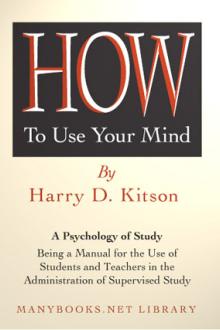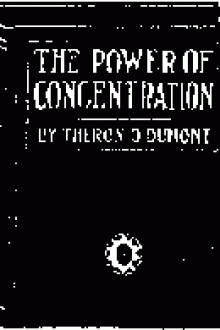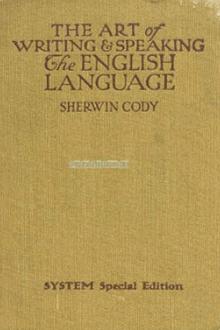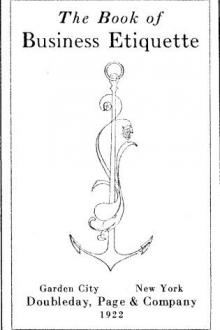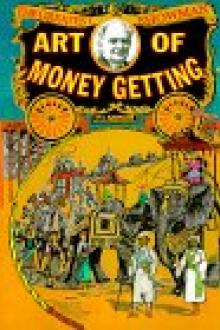Voice Production in Singing and Speaking
Book Excerpt
We wish to impress the fact that the nature of all neuro-muscular processes is essentially the same. Learning to sing is like learning to talk, and the latter is not radically different from learning to walk. This last is at first slow, imperfect, laborious, and largely a voluntary or willed process, or, more strictly, a series of processes. As progress is made, there is less of the voluntary and more that is involuntary, or what physiologists term reflex. When ideas, feelings, etc., enter into a process which is carried out reflexly, a habit is formed.
One may say that talking implies a series of associated reflexes, the parts associated being the respiratory, the laryngeal, and the resonance apparatus. Singing only approaches this condition of reflex action and habit after practice, and yet no air is perfectly sung except when the result is the outcome of a sort of new habit. Every song involves, the learning of new vocal habits. One forms a new habit of an athletic character all the more readily because of previous ones. A man learns to play one game of ball the better, usually, if he have a

 Free Download
Free Download
















